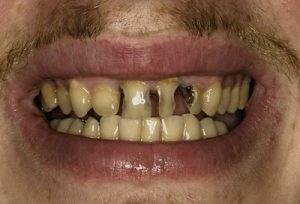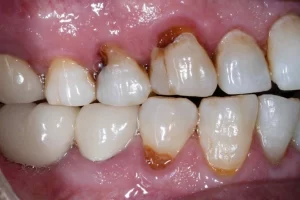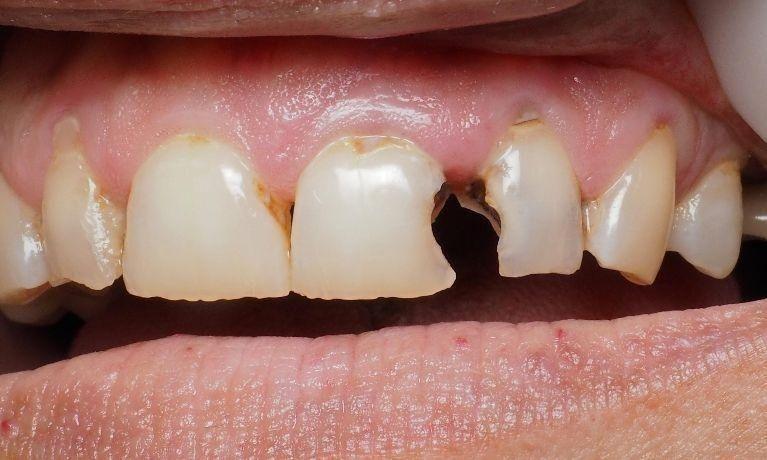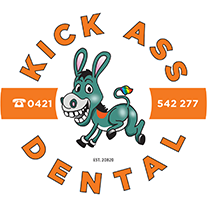How to Fix Badly Decayed Teeth: Effective Solutions for Dental Decay
Understanding Dental Decay and Its Consequences
Dental decay, also known as dental caries or cavities, is a common dental problem that affects people of all ages. It occurs when the enamel, the protective outer layer of the teeth, gets damaged due to a combination of bacteria, acids, and plaque buildup. If left untreated, dental decay can progress and result in badly decayed teeth. Ignoring decay can lead to severe pain, infection, and even tooth loss. However, there are several effective solutions available to fix badly decayed teeth and restore oral health. In this article, we will explore some of these solutions.
Treatment Options for Badly Decayed Teeth
1. Dental Fillings
Dental fillings are one of the most common and straightforward treatments for dental decay. This procedure involves removing the decayed portion of the tooth and filling the cavity with a suitable material, such as composite resin or amalgam. Dental fillings not only restore the tooth’s functionality but also prevent further decay by sealing off the affected area. The choice of filling material depends on factors such as the extent of decay, location of the cavity, and aesthetic preferences.

2. Dental Crowns
When dental decay has extensively damaged a tooth, a dental crown may be recommended. A dental crown is a custom-made cap that covers the entire visible portion of the tooth above the gumline. The crown is designed to provide strength, protection, and an improved appearance to the decayed tooth. The decayed portion is first removed, and the remaining healthy tooth structure is reshaped to accommodate the crown. Dental crowns are typically made from materials like porcelain, metal alloys, or a combination of both.
3. Root Canal Therapy
For badly decayed teeth that have reached the inner pulp, root canal therapy is often necessary. This treatment involves removing the infected or inflamed pulp tissue from the tooth’s root canals, disinfecting the area, and filling it with a biocompatible material. Afterward, a dental crown is placed on top of the treated tooth to provide strength and protection. Root canal therapy not only saves badly decayed teeth from extraction but also alleviates pain and eliminates the infection.
4. Dental Implants
In cases where badly decayed teeth cannot be saved, dental implants offer a reliable solution. Dental implants are artificial tooth roots made of titanium that are surgically placed into the jawbone. Once the implants have fused with the bone, a custom-made dental crown is attached to the implant, effectively replacing the decayed tooth. Dental implants provide a durable and natural-looking solution for tooth loss due to severe decay, and they can restore both function and aesthetics. For a dentist in ashfield see here.
Prevention and Maintenance
While these treatment options are effective in fixing badly decayed teeth, prevention is always better than cure. Practicing good oral hygiene habits, such as brushing twice a day, flossing daily, and visiting your dentist regularly for check-ups and cleanings, can significantly reduce the risk of dental decay. Additionally, limiting sugary foods and beverages, avoiding tobacco products, and wearing protective mouthguards during sports activities can also help maintain optimal oral health.

Conclusion
When faced with badly decayed teeth, it’s essential to seek professional dental care promptly. Dental fillings, crowns, root canal therapy, and dental implants are all viable treatment options depending on the severity of decayand the specific needs of the patient. These solutions not only address the decay but also restore the functionality and aesthetics of the affected teeth.
However, it is crucial to remember that prevention is key to avoiding the need for extensive dental treatments. By adopting a proactive approach to oral hygiene and maintaining regular dental check-ups, you can minimize the risk of dental decay and its consequences.
In conclusion, if you are dealing with badly decayed teeth, don’t panic. There are effective solutions available to restore your oral health and smile. Consult with a qualified dentist who can assess your condition and recommend the most appropriate treatment option for you. Remember, taking care of your teeth and practicing good oral hygiene habits is the best way to prevent dental decay and maintain a healthy smile for years to come.





